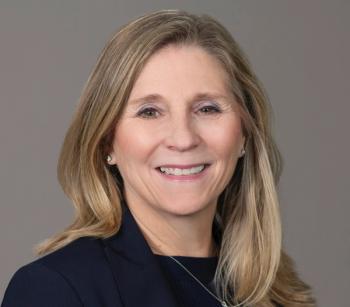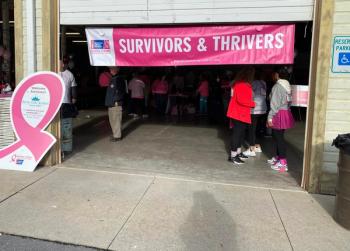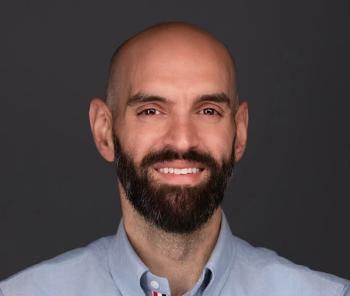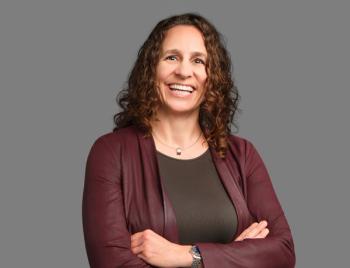
Calm moves into healthcare and is excited about its prospects
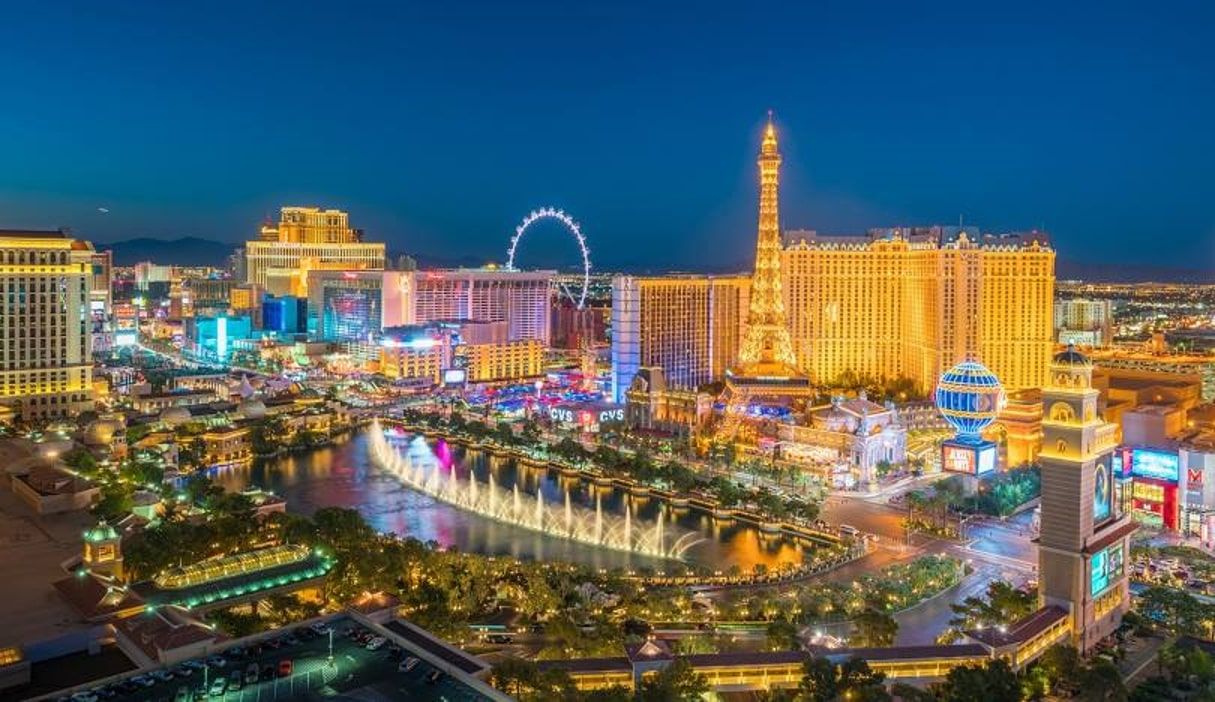
The company’s app on relaxation and mindfulness is used by millions. Now, Calm is offering mental health services with ‘Calm Health.’
Jay Shetty shared a lesson from his first day of “monk school.”
Shetty, the chief purpose officer of Calm, spent three years living as a monk and recalled seeing 11-year-old boy teaching 5-year-old children how to breathe. He said he was fascinated with “the idea that how we feel in our mind can impact our body.”
The popular author and podcast host is now playing a key role at Calm, the popular app focused on relaxation, sleep and meditation. He’s host of “The Daily Jay,” a short message on mindfulness. Speaking at the HLTH Conference in Las Vegas earlier this month, Shetty said he recently stood outside in New York City, and he listened to anyone who needed to unload some stress.
“I was out there for about 8 hours. I must have spoken to hundreds of people,” he said.
That day illustrated the profound mental health needs of many Americans, he said. And Calm is looking to play a bigger role in mental health and healthcare.
Calm announced in October that the company is launching “Calm Health,” which will offer mental health services through health plans, healthcare providers and employers. Calm said it will offer clinical programs to help people struggling with anxiety and depression. In the future, the company aims to provide mental health support for diseases such as heart disease and cancer.
Calm acquired Ripple Health Group, a healthcare technology company connecting people with healthcare options, in early 2022. Calm also offers mental health and stress relief to employers through Calm Business, a program utilized by 3,000 corporations, including Lincoln, Universal Music Group, and the Kraft Heinz Company.
However, Calm, which recently celebrated its 10th anniversary, may have the most visibility with its app, offering programs on mindfulness, sleep, meditation, and relaxation. Calm now has 4 million paid subscribers and says it has had 100 million downloads. The company, based in San Francisco, had a valuation of $2 billion in December 2020,
“The product has really evolved over the last 10 years,” David Ko, Calm’s CEO, said at the HLTH Conference.
And he added, “We’re just getting started.”
Now, Ko said, he’s excited about taking the Calm brand and entering healthcare. He noted that there is much greater discussion about the need for behavioral health, and employers are recognizing the need to help workers with their mental health.
“This is where I feel like companies like ours and others can come together and lead the way in this important discussion,” Ko said.
Mental health needs have surged during the COVID-19 pandemic. About one out of three American adults (32.8%) reported experiencing anxiety or depression, according to a June 2022 survey by the
At the same time, there’s a shortage of mental health professionals. More than half of U.S. counties have no practicing psychiatrists, according to a
“This is where tech is going to have to play a big part of the solution,” Ko said.
“We can be a part of that solution going forward,” he added. “This is our step.”
Based on Calm’s reach and with the assistance of partners, Ko anticipates Calm can eventually help millions of people gain access to mental health services.
“From the tolls of the pandemic to financial uncertainty and workplace anxieties, people have turned to Calm over the past ten years to manage their mental health,” Ko said last month as Calm announced the launch of Calm Health. “As we move into healthcare, our goal is to reach even more people with clinical mental health tools and destigmatize the importance of regular mental health care.”
Shetty, who joined Calm in February 2022, said he wants to make “mental health a mainstream conversation.”
“I want to make sure the world is a happier, healthier and more healed place for future generations,” he said.
Shetty also urged the healthcare and technology leaders assembled at the HLTH conference to develop more solutions aimed at helping people with mental health needs.
“The brains and superpowers that are in this room can make them scalable and accessible and affordable,” Shetty said.

